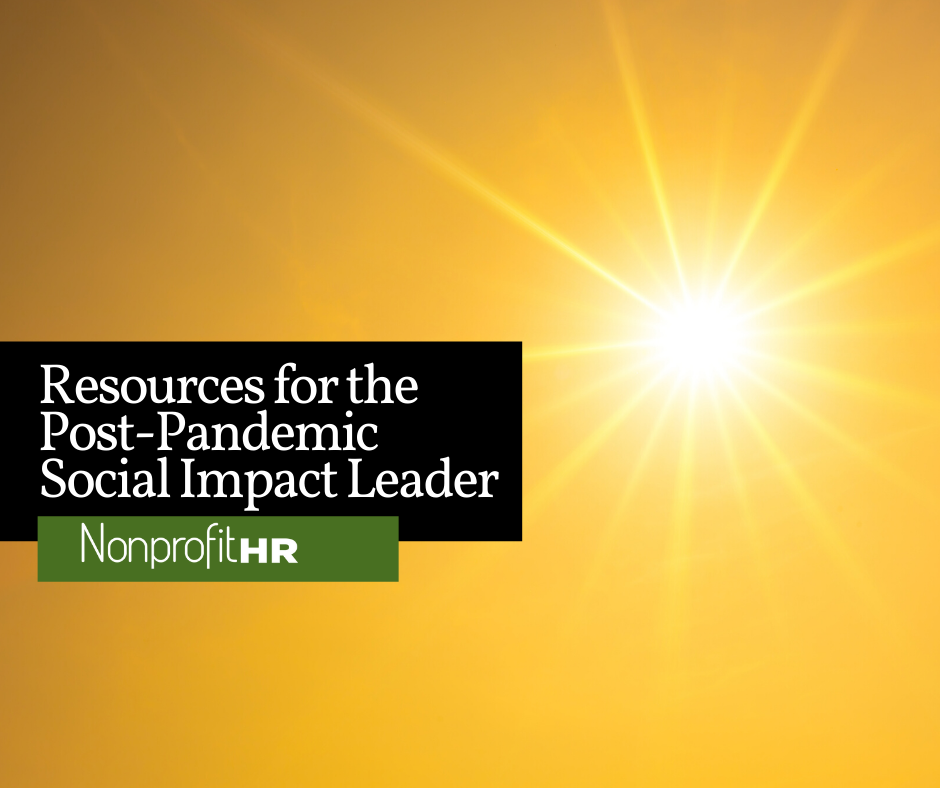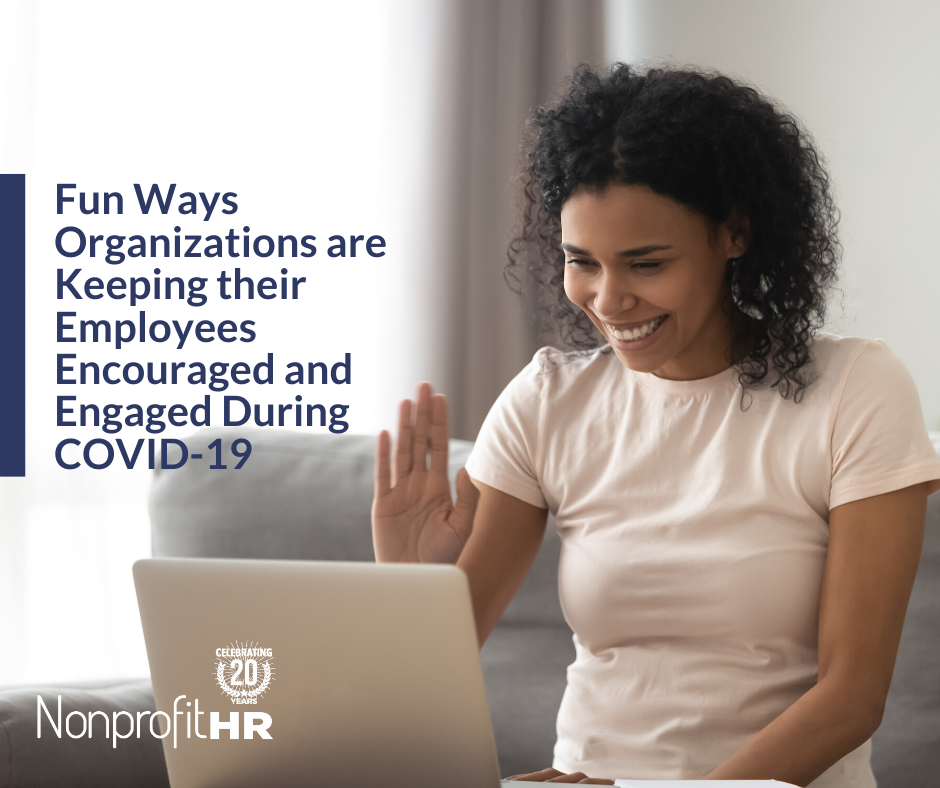WTOP: 5 ways nonprofits can…
If your nonprofit is located in New York, you should be aware of a change in the laws with respect to sexual harassment prevention.
New York State Law
Effective October 1, 2018, New York State Human Rights law requires all employers to ensure a written policy on sexual harassment prevention. The policy must follow the model policy or meet or exceed the minimum standards outlined. It must include a standard complaint form and a procedure for investigating complaints. In addition to protections for employees, the policy must include protections for contractors, subcontractors, vendors and consultants. The law also limits the use of mandatory arbitration clauses and non-disclosure agreements as they relate to sexual harassment claims.
The law specifically requires employers to provide mandatory annual harassment prevention training which must follow the model training provided by the state or must meet or exceed minimum standards. Training must be conducted annually beginning October 9, 2018 and all employees must complete training by January 1, 2019 or within 30 calendar days of hire.
New York City Law
If you are an employer in New York City with 15 or more employees, you will need to comply with the new Stop Sexual Harassment in New York City Act. This requires mandatory annual training for all employees who work 80 or more hours per calendar year, in addition to a written harassment prevention policy, recordkeeping and posting requirements. This act is effective April 1, 2019, so current employees must receive training by April 1, 2020, and new hires must receive training within 90 days of hire.
Sexual Harassment Prevention Training
Both laws require training that provides an explanation of what constitutes sexual harassment and provide examples of such conduct. The training should provide information on applicable laws and remedies to victims, as well as the responsibilities of supervisors in addressing and preventing harassment. Training under the city’s law must also address bystander intervention, describe the complaint process available through federal and New York City and state agencies, and provide information on the prohibition of retaliation and other protected activity.
The two laws require different levels of reporting by state contractors as to their sexual harassment policy and employee training.
How We Can Help
Nonprofit HR provides training on harassment prevention that meets these New York requirements. This training is interactive, whether conducted live or virtually. We customize our training to address the policies and procedures of the client and we address case studies that are relevant to your nonprofit. Contact me directly at [email protected] to set up a time to talk.
Alicia R. Schoshinski, SPHR, SHRM-SCP, sHRBP, SWP
Senior HR Business Partner and Knowledge Practice Co-Leader
| Connect with Alicia on LinkedIn |






























